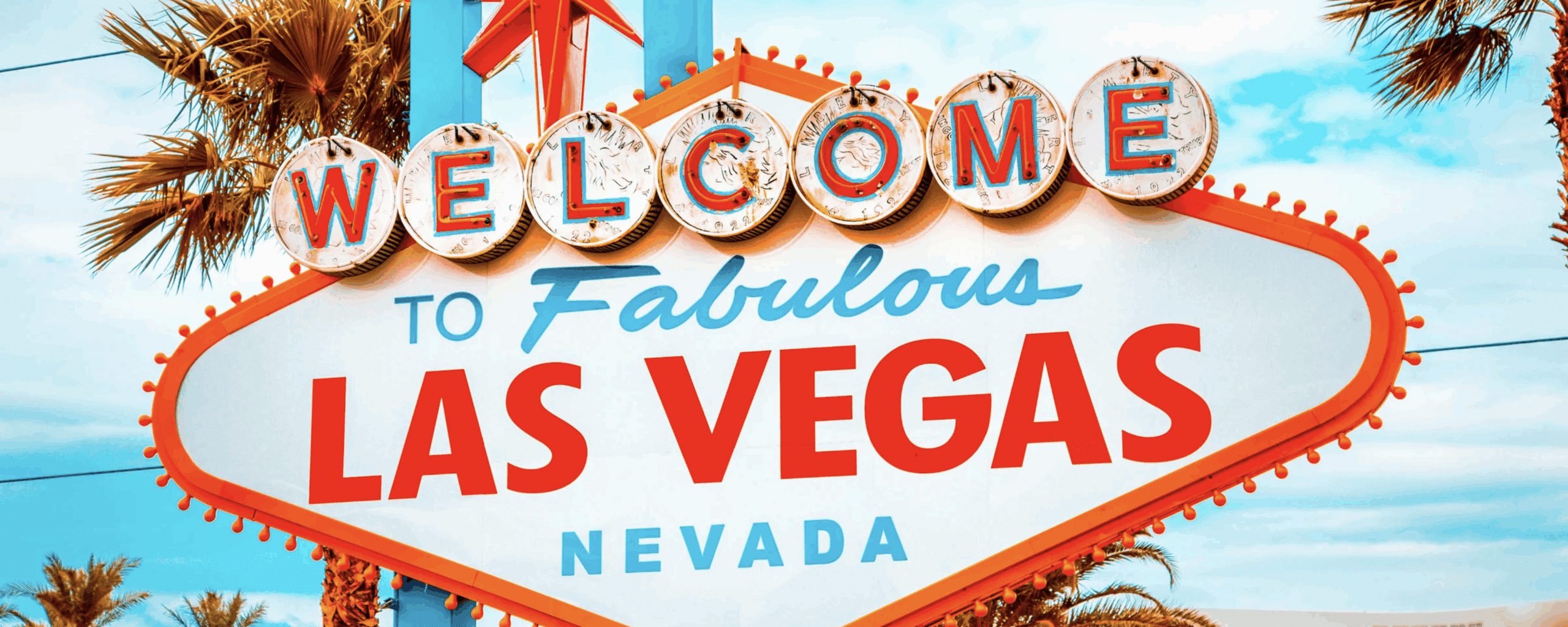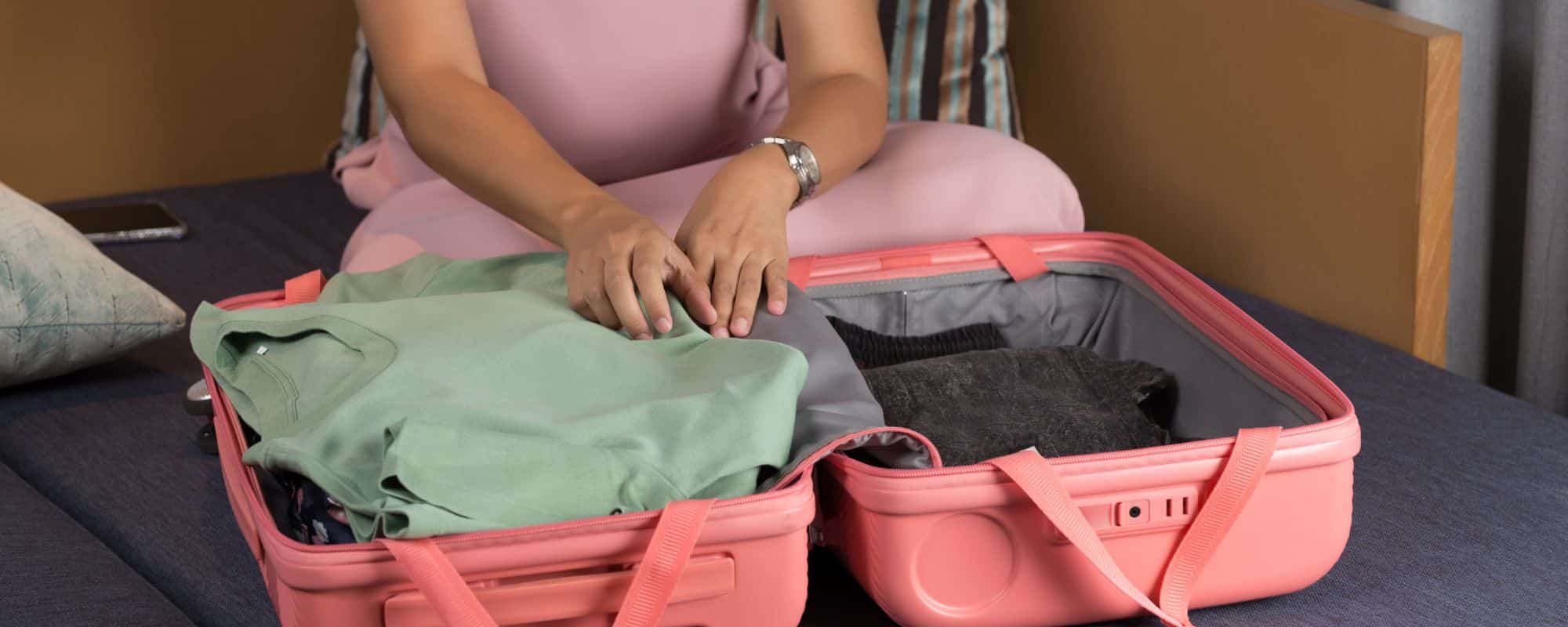Where you get treated for addiction can make the difference between recovery or relapse. The truth is one size does not fit all when it comes to alcohol and drug rehabs. Treatment centers can vary widely in quality, programming, comfort of facilities, cost, and size. It’s important to educate yourself on what to look for so that treatment is effective and suits your needs.
10 Characteristics of the Best Rehab Centers
The best addiction treatment centers have several features in common. These are features that many people with addictions and their loved ones don’t even know they should be looking for when they’re researching treatment options. If you or a loved one needs substance abuse treatment, consider the following 10 factors when choosing a drug or alcohol rehab:
#1 Evidence-Based Treatment
Certain treatment approaches for drug and alcohol addiction are grounded in science. These treatments have been shown effective in helping people quit drugs and alcohol and then maintain sobriety.

Some of the approaches research shows are effective in treating drug and alcohol addiction include:
- Cognitive behavioral therapy (CBT)
- Individualized treatment
- Medication-assisted treatment (MAT)
- Motivational interviewing (MI)
- Co-occurring disorder / dual diagnosis treatment
- Counseling and behavioral therapy
- Psychotropic medications
- Medications for withdrawal symptoms
- Family therapy
- Sober living residences
- Peer support groups
- Aftercare
#2 Modern Treatment Approaches
The field of addiction treatment is always evolving. There are thousands of clinical trials and studies every year on aspects of care like:
- New addiction treatment approaches
- Effectiveness of current treatments
- Medications for substance use disorders and mental health disorders
- Trauma therapies
The best drug rehabs continuously incorporate the latest advances in addiction treatment into their programs. They go beyond just offering process groups and counseling. Their treatment models include:
- Emerging approaches and specialized therapies for underlying conditions like trauma and mental health disorders.
- They may also blend traditional approaches like behavioral therapy with alternative holistic treatment approaches like massage therapy, adventure therapy, yoga, acupuncture, and music and art therapy.
#3 Individualized Treatment Plans
Some addiction treatment centers follow a cookie-cutter approach to recovery. Each client gets the same treatment, attends the same groups, moves through the same schedule, receives the same therapies, focuses on the same issues, and works with the same treatment staff.
The problem with this is that addiction doesn’t occur in a vacuum. Though the causes of addiction share common themes, everyone has a different:
- History
- Family and family role
- Psychological makeup
- Life experience
- Personality
- Relationship with drugs and alcohol
A good drug rehab conducts thorough biopsychosocial assessments to determine what approaches will benefit each client and crafts a personalized treatment plan based on their findings and the client’s preferences.
#4 High Staff-to-Client Ratio
You don’t want to be just a number in an addiction treatment program. Effective treatment addresses your individual needs and the more staff that are familiar with and focused on your issues, the better. Staff-to-client ratios vary. Luxury rehabs tend to have the highest staff-to-client ratios because they typically admit a small number of clients at a time. In general, you should look for a ratio of less than 10 clients per staff member.
#5 Trusted and Accredited
If a treatment center is accredited, it means they uphold the highest standards in healthcare. The two most common and prestigious treatment center accreditations include those from:
- The Joint Commission
- The Commission on Accreditation of Rehabilitation Facilities (CARF)
#6 Diversely Trained Treatment Team
Drug rehab centers should have professionally trained, licensed, and experienced staff. The treatment team should include master’s or doctoral level staff as well as specialists and a recovery support team. The top treatment centers have therapists, medical staff, and team members trained in specialized approaches like:
- Trauma therapies such as EMDR
- Creative therapies like psychodrama and art and music therapy
- LGBTQ-informed treatment
- Holistic therapies like massage therapy, yoga, and acupuncture
- Cultural sensitivity
#7 Comfortable Settings
While you don’t need extreme luxury to recover from addiction, it is important that you feel your drug rehab is comfortable, home-like, and includes extra touches that make you feel cared for. The work of recovery is intense. You need to put your focus on treatment and getting better, not what’s lacking in your environment. Make sure residences, amenities, and treatment facilities meet your standard of comfort.
#8 Continuum of Care
Some people think addiction treatment is spending a month living at a drug rehab and then going home. A continuum of care is important because it helps ease the transition back into everyday life. Moving from an intensive inpatient drug rehab back to your old life is jarring and can fuel relapses.
A full continuum of care in addiction treatment provides a step-down approach from entering rehab until leaving. You move through higher levels of care to ones with decreasing hours so that you are prepared for the triggers and stressors you will face as a newly sober individual. A full continuum of care includes:
- Medical detox
- Inpatient treatment
- Partial hospitalization
- Intensive outpatient program
- Outpatient addiction treatment
- Sober living residence
#9 Support for Loved Ones
Addiction affects the entire family. Recovery work is often more effective when it involves family members. Family therapy or family programs provide an opportunity to work through interpersonal issues that have contributed to your drug and alcohol abuse with guidance from a trained family therapist. You and your loved ones can:
- Discuss difficult experiences and feelings in a safe supportive environment so you can begin to move forward.
- Learn how they can support you best in recovery.
- Develop healthier ways of communicating and coping with stress.
#10 Dual Diagnosis Treatment
Around half of people with addictions also have a mental health disorder. Drugs and alcohol are often an attempt to self-medicate untreated depression, anxiety, or bipolar disorder symptoms. The most effective drug rehabs are licensed and staffed to treat substance use disorders and co-occurring mental health disorders (dual diagnosis). Attending one of these treatment centers ensures that you’re addressing the root causes of your addiction. If you just treat the symptoms of addiction, you’re likely to relapse.
How to Choose the Right Rehab for You
Dealing with an addiction or the addiction of a loved one is overwhelming. The thought of researching and vetting drug and alcohol rehabs can contribute to that overwhelm. The best way to narrow your search and alleviate stress is to go in knowing what you’re looking for. This way you can easily eliminate treatment centers that don’t fit your needs. To find the right treatment center for you, here is a list of questions to ask yourself to have a solid place to start your search:
Do You Need Detox?
If you’ve developed a chemical dependency on a substance, addiction treatment should start with alcohol or drug detox. Over the course of drug addiction, both the body and mind grow used to the presence of an addictive substance. This chemical dependency is the root of both addiction and withdrawal symptoms. Some drugs have severe and sometimes life-threatening withdrawal symptoms. This is why medical detox is necessary to keep you safe and comfortable during the withdrawal process.
The primary benefit of detox is having a safe environment and 24/7 supervision for the worst withdrawal symptoms. A medical team administers medications to interrupt and ease withdrawal symptoms in order to minimize discomfort. If you’ve been abusing alcohol, opioids, or benzos, medical detox is especially necessary. When searching for treatment centers, you’ll need one that offers onsite medical detox or has close offsite resources for detox.
Do You Have a Mental Health Disorder?
Mental health disorders and trauma can play a large role in addiction. If you have a diagnosed mental health condition like depression, anxiety, bipolar disorder, or PTSD, you definitely want to make sure a drug rehab offers dual diagnosis treatment.
Sometimes mental health disorders are undiagnosed and substance abusers are using drugs or alcohol to mask these symptoms. Other times drug and alcohol abuse can trigger mental health disorders because they interfere with neurotransmitters responsible for mood, motivation, and other functions. That’s why regardless of if you’ve received an official psychological diagnosis, a drug rehab that offers dual diagnosis treatment is generally a good idea.
Do You Have Medical Conditions?
If you have co-occurring medical conditions like diabetes, cardiovascular disease, liver or kidney diseases, pregnancy, or others, you’ll want to make sure a treatment center has the medical staff to properly care for you during detox and treatment.
Is Location Important?
Some people prefer to get treatment close to home. Other people find that receiving treatment in a different city, state, or in areas they find healing like by the ocean, mountains, or desert supports their recovery. Many drug rehabs offer several locations that include inpatient rehab and outpatient rehab options. Decide what works best for you and your family.
Do You Have a Supportive Living Environment?
Difficulties at home often trigger or perpetuate addiction. If your living situation puts up roadblocks to sobriety instead of supporting it, you need to stay away from it, especially during early recovery. This means you’ll need to find a treatment center that offers residential rehab or sober living residences.
Do You Have Special Treatment Needs?
Some treatment centers offer programs, groups, or tracks for certain populations such as:
- LGBTQ + individuals
- Veterans or military
- First responders
- People who prefer gender-specific treatment
- Teens and young adults

Do You Want Family Involved in Treatment?
Most behavioral health professionals would say that it is a good idea to have family involved in treatment. Of course, there are situations where this is not the case or having family involved would do more harm than good.
Issues that lead to substance abuse often stem from interpersonal relationships with family members. A treatment center that offers family therapy or a family program helps you address deep-rooted emotional wounds in a safe space so that you can begin to move past them. These programs also educate family members about addiction and how they can support you.
Do You Have Insurance?
If you don’t have insurance or have a very low income, you may need to look for a state-funded addiction treatment center. You will need to prove your inability to pay for treatment to enter one of these programs. Many are good programs, but they typically have waiting lists and don’t offer the same program options, personalized treatment, and comforts as private drug rehabs. They may not be your first choice, but the bottom line is that recovery can’t wait. Getting treatment is a matter of life and death for many people.
Looking for Help?
If you’re feeling overwhelmed with the process of finding the right addiction treatment program, call us. If we’re not a good fit for your needs, we’ll recommend other options for you. Recovery is possible. Make the call today.
References
vogue-staff
Latest posts by vogue-staff (see all)
- Mixing Adderall and Alcohol: What Can Happen? - December 22, 2022
- 15 Signs of a High-Functioning Alcoholic - November 24, 2022













